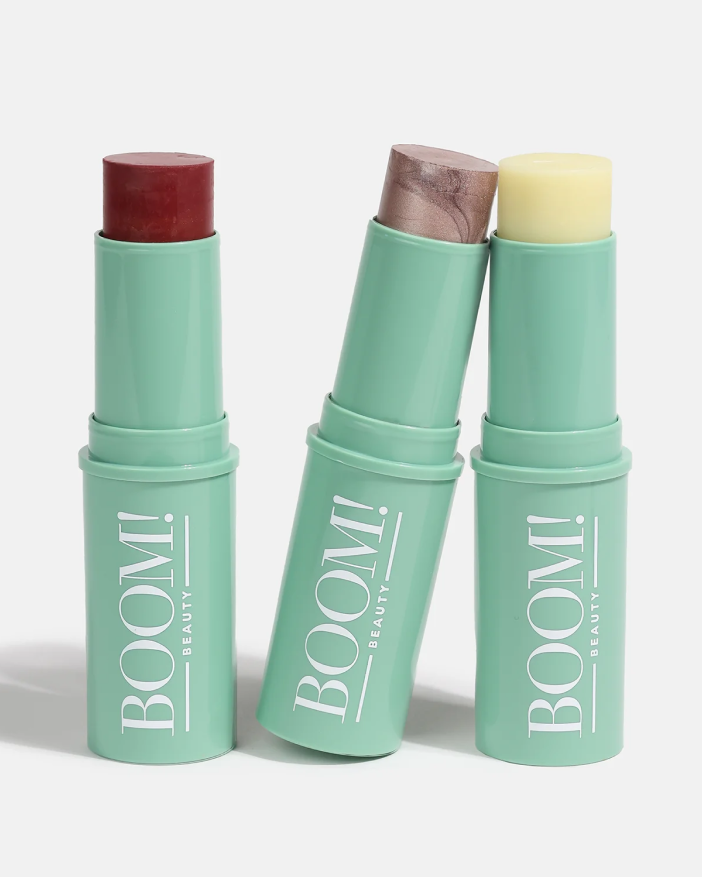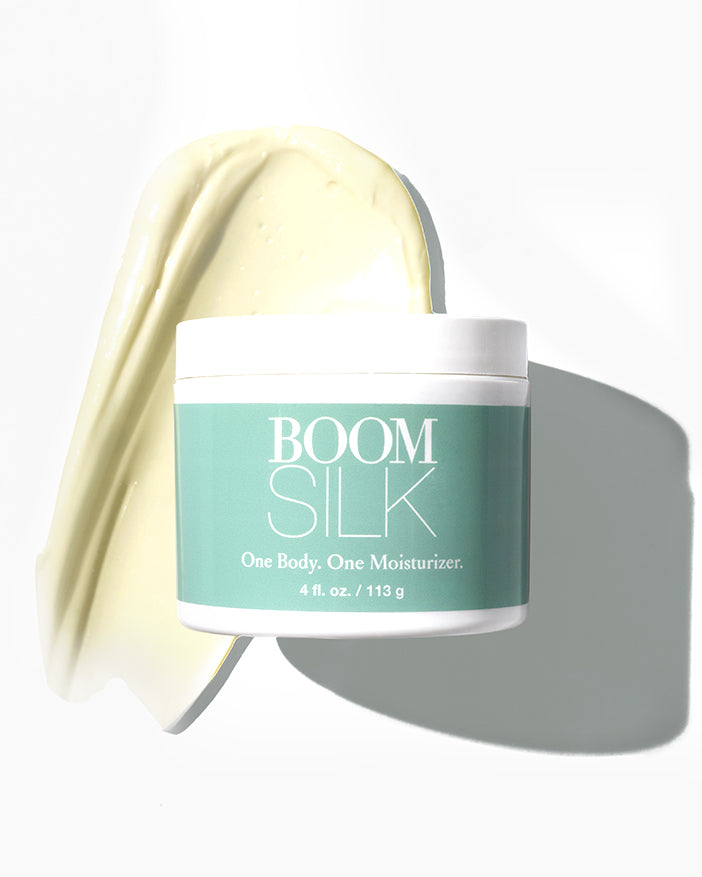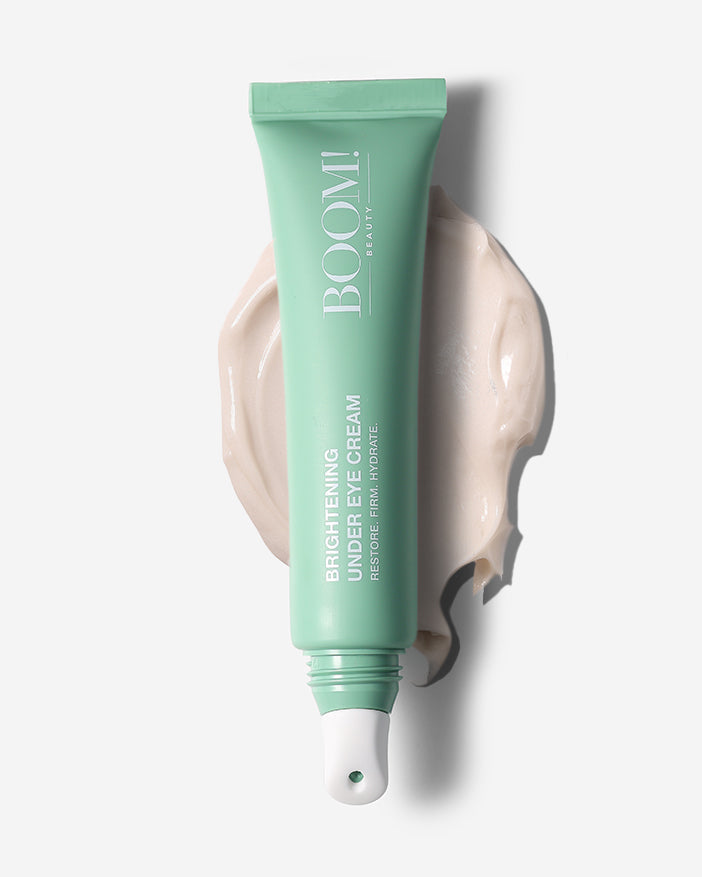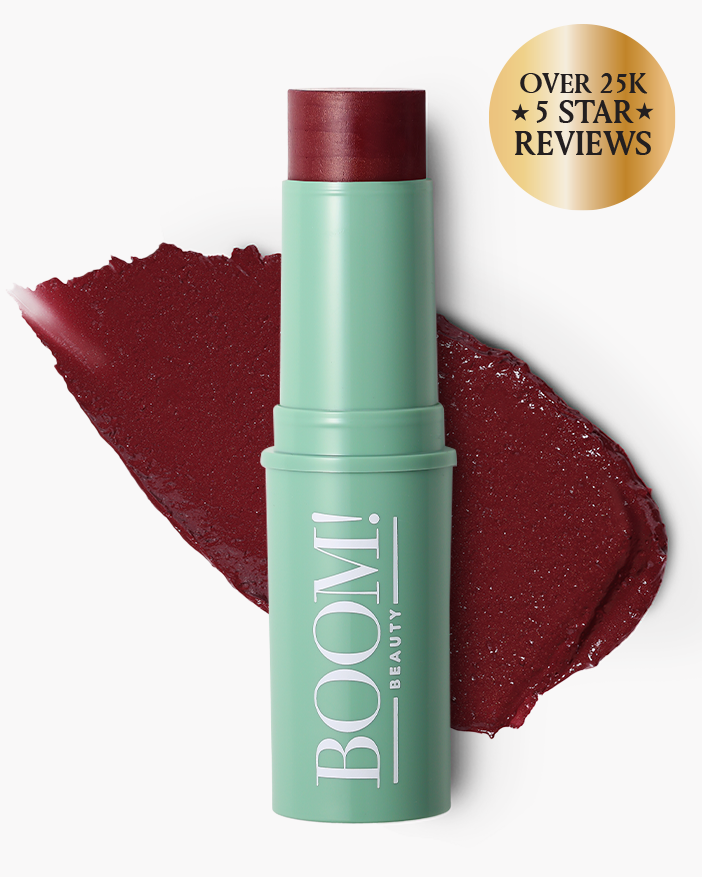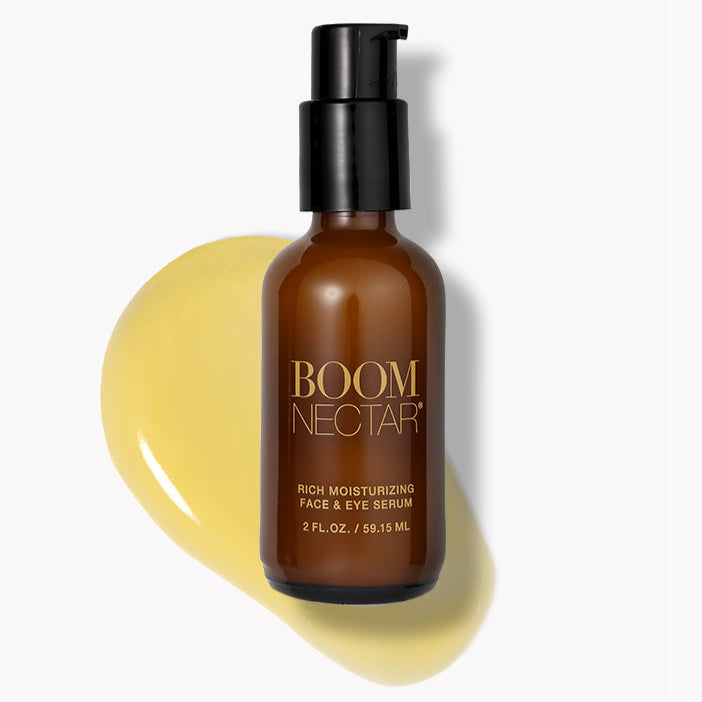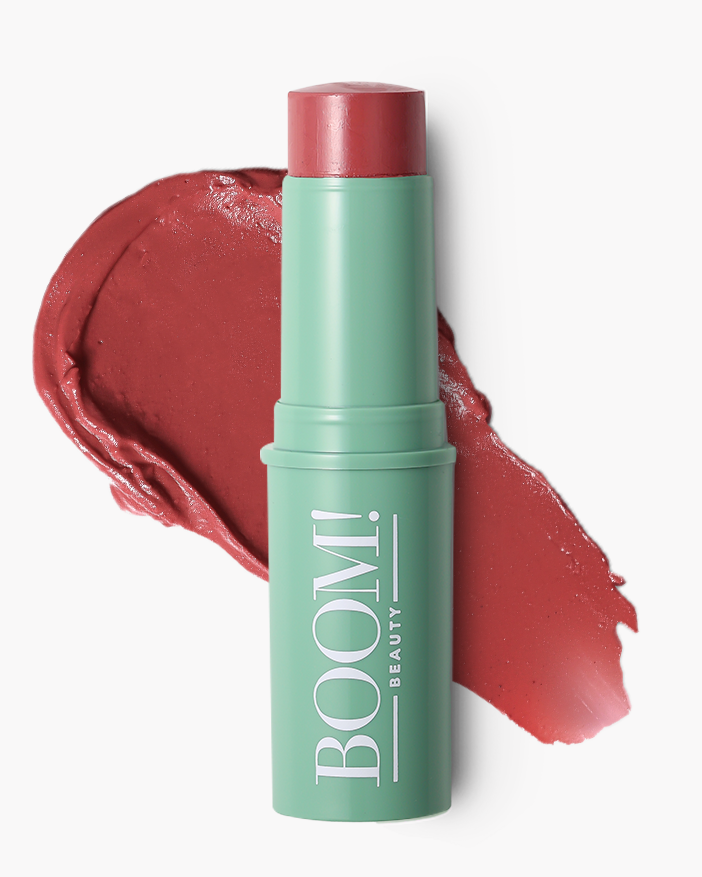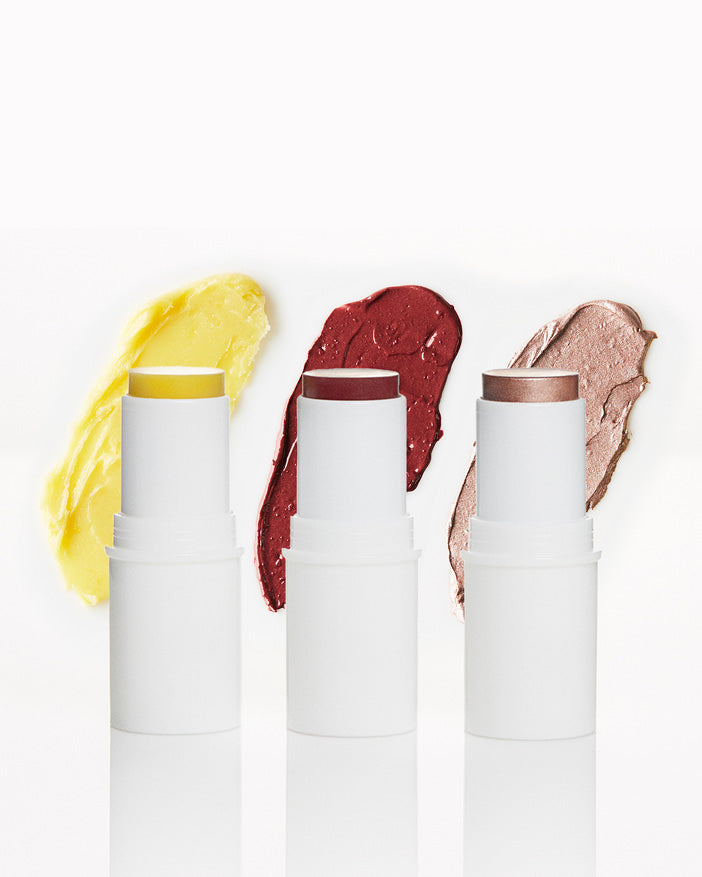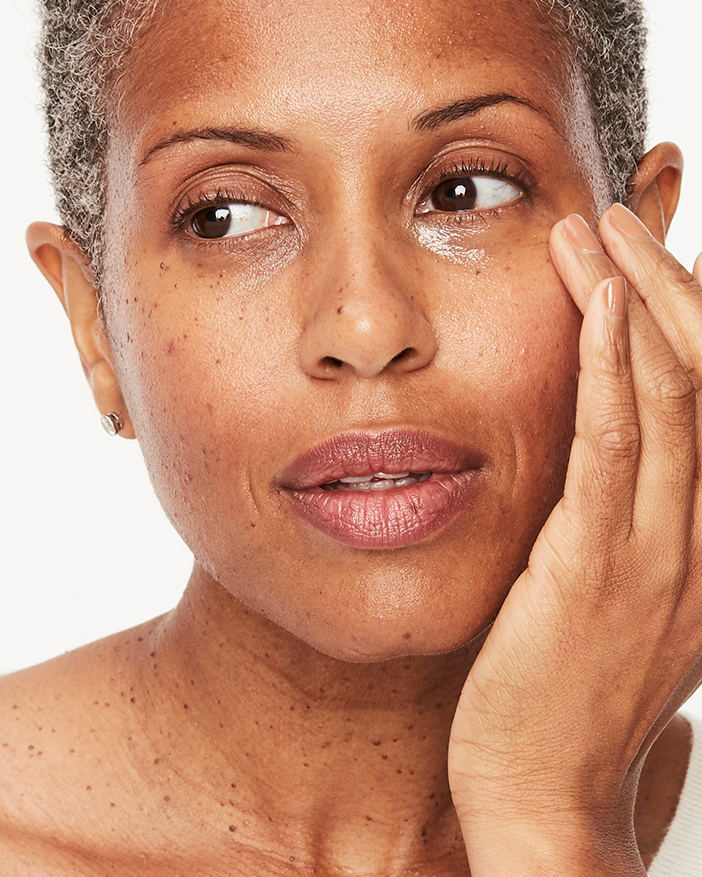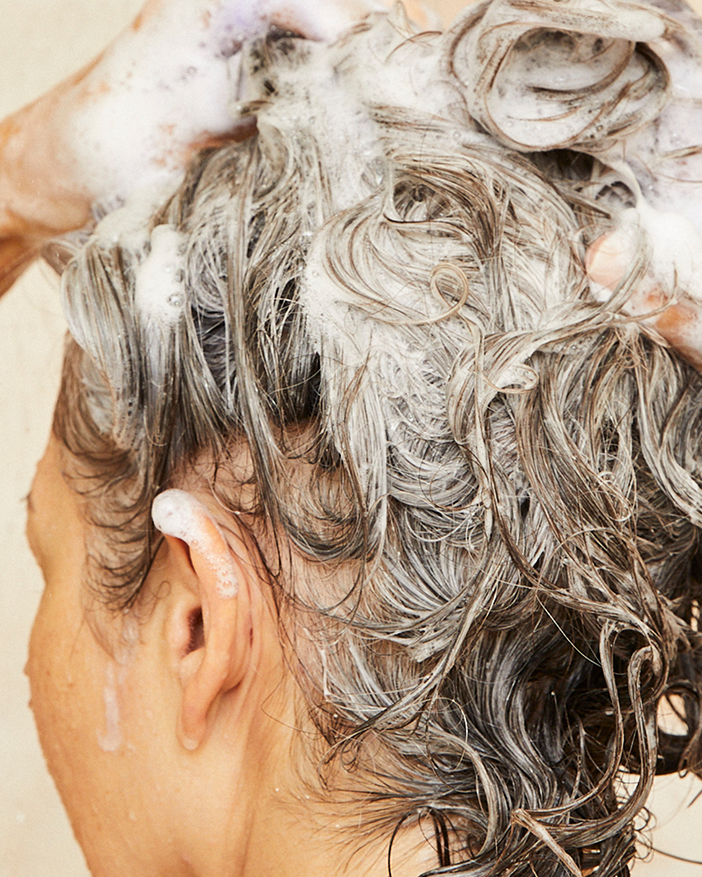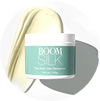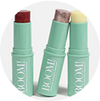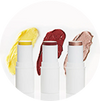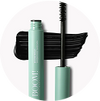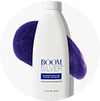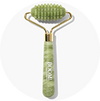Fashion Revolution Movement
Today, Cindy interviews her friend Oceana Lott to raise awareness of ethical fashion. Oceana is the regional coordinator and executive director for the Fashion Revolution Movement. Cindy is inspired by the organization and the work Oceana is doing to make consumers aware of the impacts of ethical clothing and lifestyle choices. Watch the video below to understand the positive movement taking place.
Video Transcript:
Cindy: Hi, everybody and welcome to Saturday with Cindy. My guest today, Oceana Lott, is the Regional Coordinator and Executive Director for the Fashion Revolution Movement in the U.S.A. Oceana has been passionately exploring and writing about ethical lifestyle topics for nearly 20 years. Recently, she's been focusing on Eco Fashion, which is how she came to be involved in the U.S. campaign for Fashion Revolution Day.
There is fun and importance to discovering the stories behind the clothes that you wear, and how powerful it is simply to be curious and ask the question, "Who made your clothes?" Hi, Oceana, welcome to Saturday with Cindy.
Oceana: Hi, Cindy. It's really great to be here.
Cindy: So delighted to have you. I have questions. Our viewers have questions.
Oceana: Oh, good.
Cindy: So, I'd like to start with, what is Fashion Revolution Day all about?
Oceana: Fashion Revolution Day is kind of the brain child of a designer in the U.K. Carrie Summers. What it's about is recognizing what is positive in the fashion supply chain, what's working and celebrating that, but also raising awareness about some of the things that are just so murky, and unfair, and unjust in the fashion supply chain. So that's why it's happening on the anniversary of probably the biggest disaster in recent history in fashion, which was the Rana Plaza Collapse on April 24th, 2013.
So, what we're going to do on the 24th, the one year anniversary, is basically we're hoping that people are going to wear their clothes inside out, which displays the label of their clothes. And the whole idea behind that is to create more transparency in the whole supply chain. I mean, let's lift out of the darkness some of the atrocities that are happening and just start to be curious about them. Like, why is this happening? How could it be different? What do I need to do to have it be different? And the other great thing about this particular theme this year, "Who made your clothes?" is it also highlights some of these great, great stories behind, you know, some of the clothes that you wear.
Cindy: I recently heard something on NPR regarding where your clothes come from. Do you know about that?
Oceana: Yes, it's such a great series. It's a little company called Planet t-shirt. And the whole goal of it was to show how and where an ordinary piece of clothing like a t-shirt is made. They start, in the very beginning, with where the cotton is grown in the t-shirt, and all the intricacies, they cover how the textiles are made, how it's shipped after it's sewn, it's a really great job.
Cindy: Well, I was absolutely fascinated by the information. And it's kind of an exciting thought to actually follow the chain all the way back. And, as you just referred to, this horrible tragedy, is there anything I can do to stop it?
Oceana: You can do what I do very often, which is simply start googling. I put the name of the company in the search window, and then I type the word ethics after it, and that will pretty quickly tell you what that company is about ethically. Here's a secret I learned after months of doing this, which is, if you can't find a clear answer like in the first 10 minutes of your search, that means there isn't one, because the companies who are trying to do something ethical, and fair, and just, they are telling that story loud and clear. It is not hard to go to a company's website and figure out if they're doing something responsible around their manufacturing process.
Cindy: And I think, today, our customers, I know BOOM's customers are very environmentally conscientious. They want to use sustainable products, they want to use things that are safe for their skin.
Oceana: You brought up a really good point, Cindy, which is that, a lot of people are already making conscious choices about the food that they eat. I mean, the kind of cosmetics they put on their skin. This is just a logical next step. Applying all that thought you put into your food, you could put the same thought into your clothing. And especially right now, it is really so much easier to find really good stuff to wear.
I mean, can you imagine a life where you are looking good, feeling good about, not only the stuff that goes in your body, but the stuff that's on your body? To have that whole kind of package put together for your life is really very gratifying. First places I started was, when I was, you know, looking at making my wardrobe more conscious, Eileen Fisher into the search window and discovered that Eileen Fisher actually has done a lot of work on creating a more sustainable collection of clothing and one that's more ethical.
She's very clear about wanting to choose places where people are treated fairly to manufacture her garments. And she even has this whole wool collection that comes out of Peru. She'll show you the story of these Peruvian farmers who take care of their little alpacas, they're part of the family, they comb them out, you know, and use the fiber in this very humane way. So, she's got a lot of story on her site about where her textiles are coming from.
Cindy: Could you give us a list of different companies that you know follow the fair trade laws and have ethical policies.
Oceana: You want to look for companies who have signed the Accord, which is European based. And there are several U.S. companies who have done that. The U.S. has come up with their own version of the accord, which is about creating better work conditions in countries like Bangladesh. Some of the companies who have for instance, signed the accord, are Tommy Hilfiger, Abercrombie and Fitch, American Eagle Outfitters, Calvin Klein. These are companies who have come out and signed the accord which has a lot more teeth in it than the U.S. made alliance agreement.
Cindy: So can we go to the internet and actually put in the question, what clothing companies have signed the accord?
Oceana: Yes, yes. And you will find it. Also, long standing stalwarts in the whole ethical fashion realm are Eileen Fisher, Patagonia. Those are some having strong Corporate Social Responsibility goals.
Cindy: That's wonderful. This is really good news. Now, do you have any companies that are blacklisted that we should never support by purchasing their products?
Oceana: Oh, thanks for asking that. I gotta tell you, I would really recommend that you avoid companies like The Gap and Walmart. They have just really put so much effort and money into just trying to get out of their responsibility. In countries like Bangladesh, they have literally lobbied and put an incredible amount of resources into not doing the right thing. If you are a Gap customer, one thing you can do, one consumer can start a revolution. They can start an avalanche of response. And this is one thing I've noticed recently is the power of social media is far stronger than you might imagine.
And what I mean by that is, you could just go on Twitter and you could tweet, "I was a Gap customer, I am no longer a Gap customer until they sign the accord." If you just tweeted that, and, you know, hundreds of thousands of people just tweeted that, that's meaningful. That will have an impact. I read an article last month that said how much more voice the consumer has with company leadership than they have ever had before. You can email a company's CEO and they will read it, and it will have impact.
Cindy: I just responded to about five letters today and I am the CEO of BOOM.
Oceana: Yes.
Cindy: And I love it, because we're real people. A company, it's like, all of a sudden it becomes unapproachable, something that you can't communicate with. But a company is just a bunch of people. And it's interesting, immediately when you said Twitter, I thought vote, it's a vote. Every time.
Oceana: It's a vote.
Cindy: Every time you like a comment on Facebook, every time you tweet, you are voting. It's exciting to feel that powerful. Wow.
Oceana: Yeah, I so agree. We have tools available to us that we didn't have 10 years ago. And it's an exciting time. I mean, that's one of the great things about our U.S.A campaign for Fashion Revolution Day, we only got started like basically January 1st, we launched this campaign. Rana Plaza was only last year, our campaign in the U.S. all based on social media.
And you can go to our website, fashionrevolutionusa.org and you can just follow us all right there. And you can also follow us on Twitter @fash_revusa. And we are like tweeting all day, every day because there's so much happening right now. I got to really tell you, this is the year, 2014 is just so exciting. So many people are trying to figure it out, how can we have the clothes that we wear, the food that we eat, you know, the cars that we drive, all be a vote for having it be fair and just for everybody in the world.
Cindy: So, what can we do, what can our viewers do to participate and get really involved with Fashion Revolution Day on April 24th, 2014?
Oceana: Leading up to that, we are going to be having online gatherings or parties every month on the 24th. This month, starting January 24th, there's going to be a Twitter party that you can engage in. And these are good opportunities to get together with people who are also curious, "What is this about, and how can I be a more conscious consumer?" And we'll be giving tips about how to do that.
In February 24th, the founder of the movement, Carry Summers, is going to join us, and we'll have some other U.S. based high profile folks to talk about what a consumer can do to be a more conscious consumer. So we're going to be having events like that both online and on the ground. You should check our site, because we're also collecting events that are happening all over the country that speak to this issue. So we'll be publicizing those also. The website is fashionrevolutionusa.org, and the Twitter handle is @fash_revusa. By the way, there is a global website, it's at fashionrevolution.org. That site has information, the basic philosophy behind the movement, and it'll have a lot of information about, you know, how you can join.
Cindy: Wonderful. Thank you so much, Oceana. You've given us a wealth of information and a lot to think about, and that question, "Who made your clothes?"
CHECK OUT OUR MOST POPULAR CONTENT


